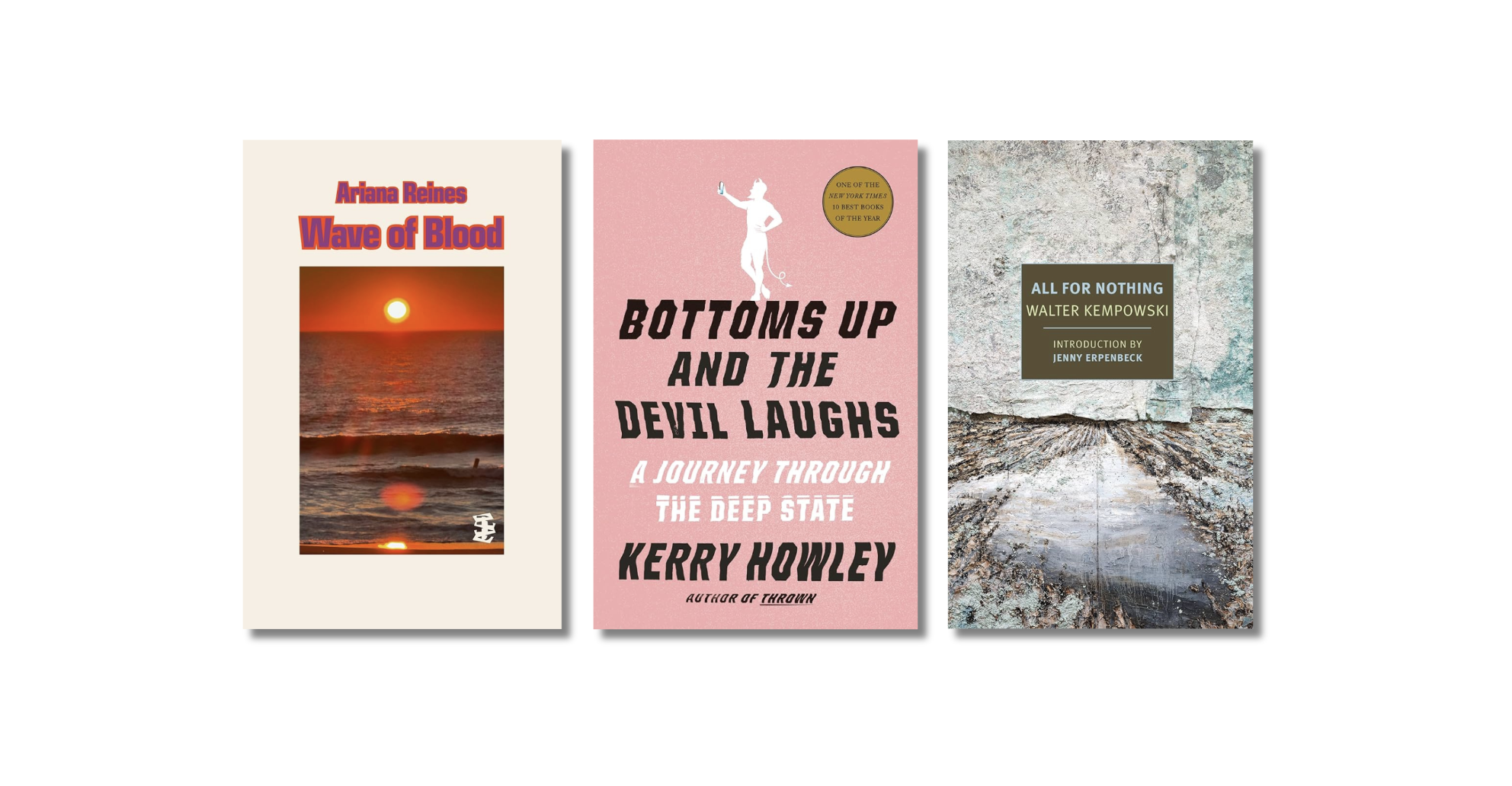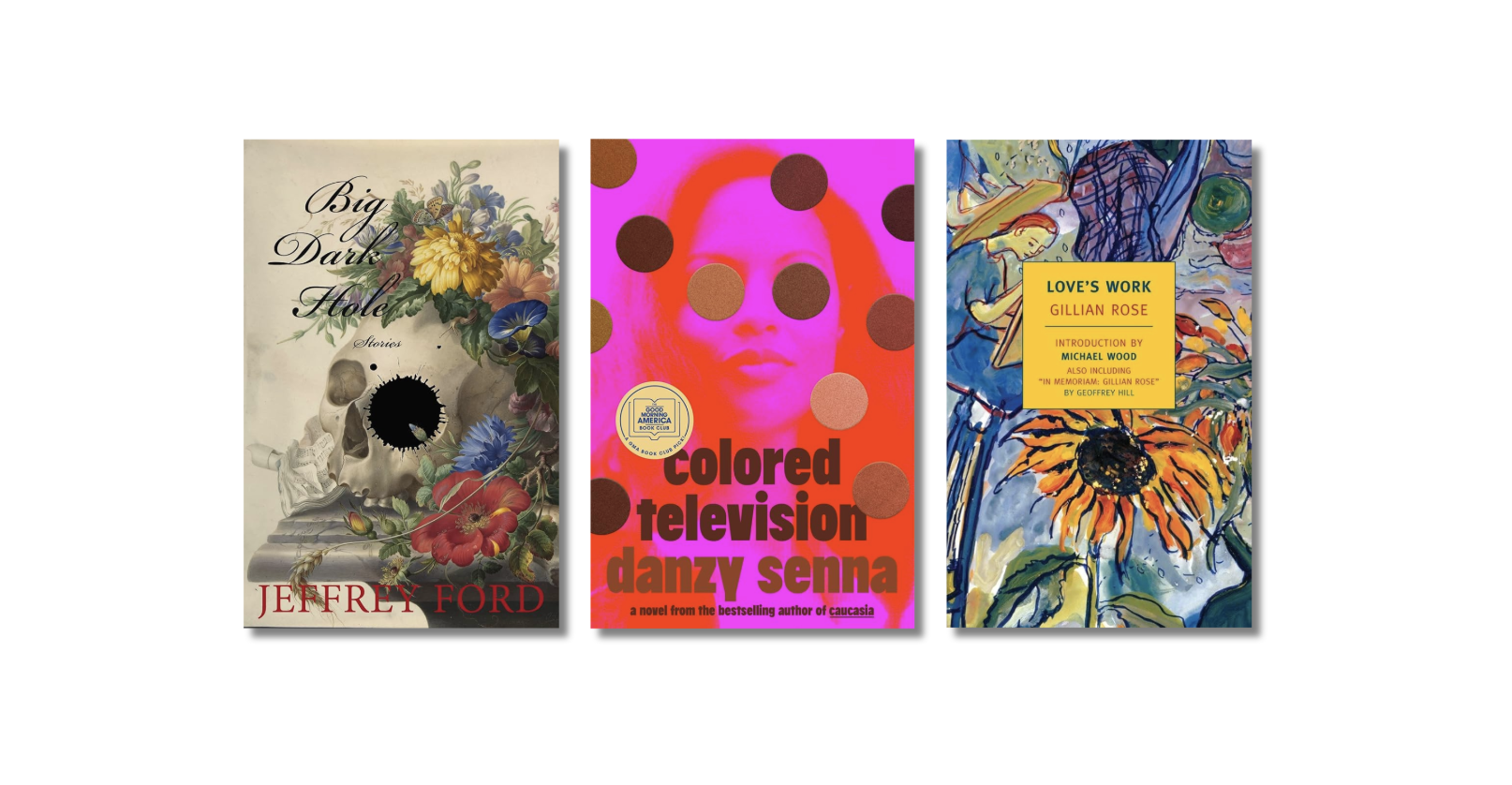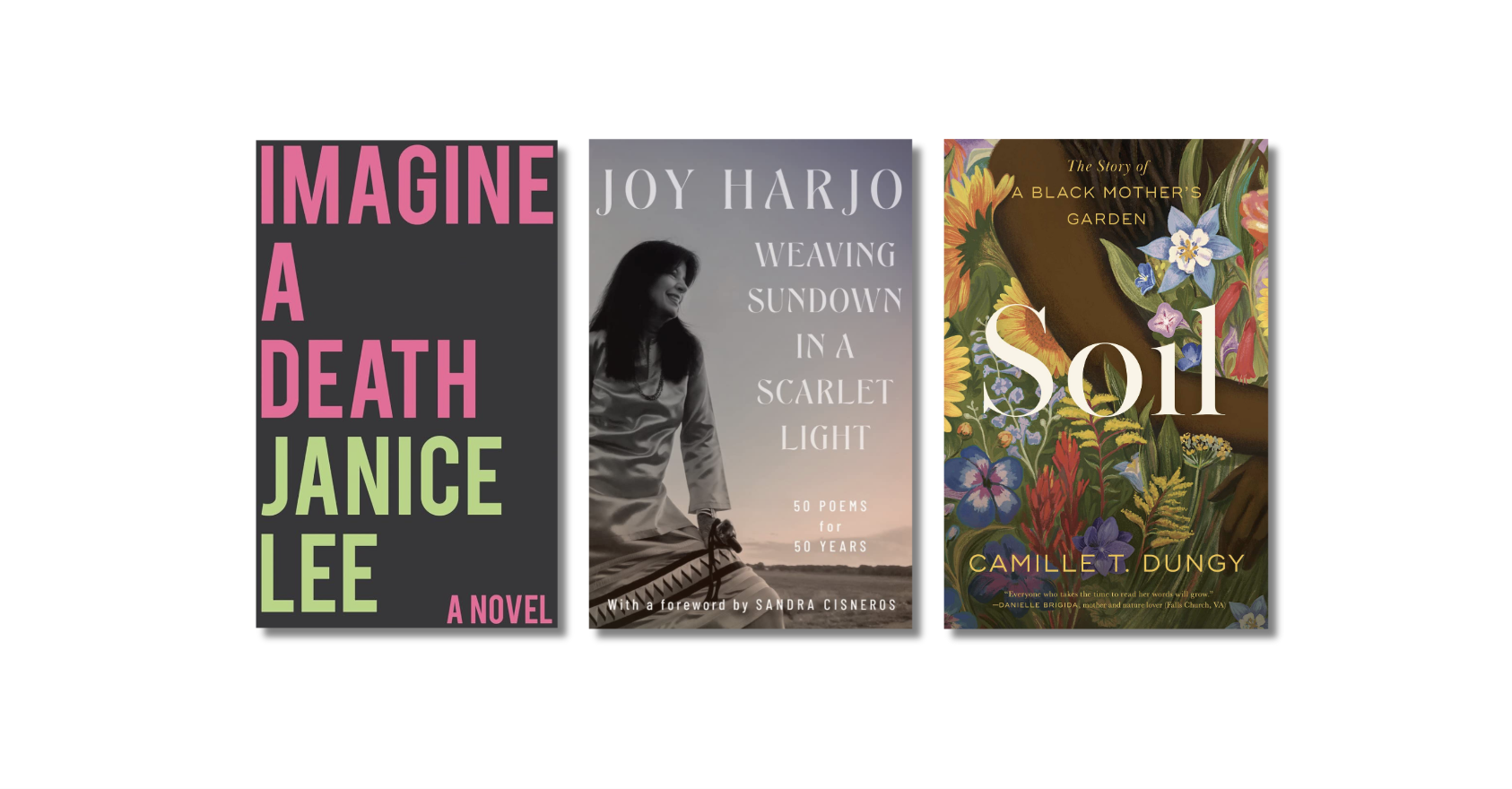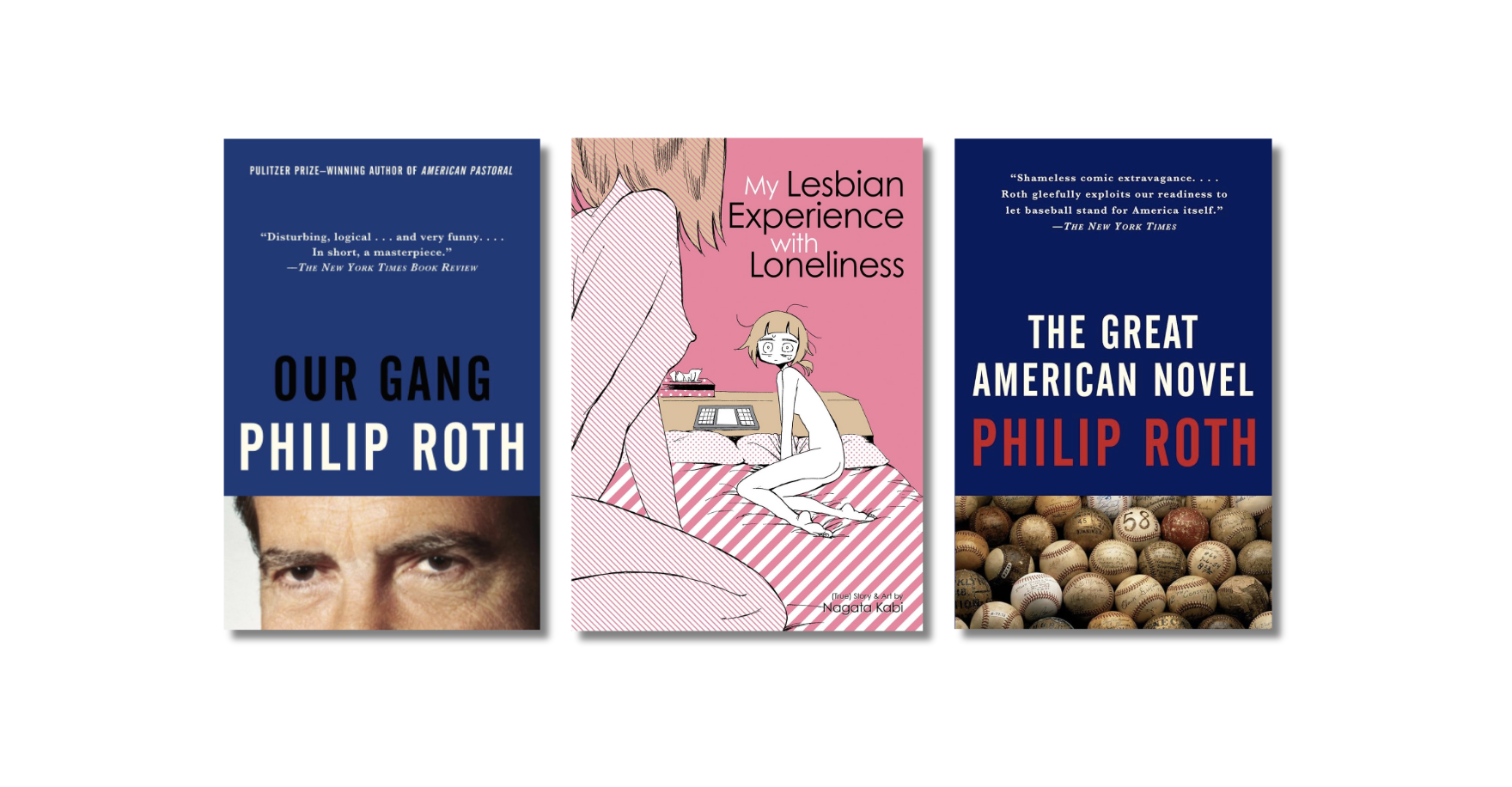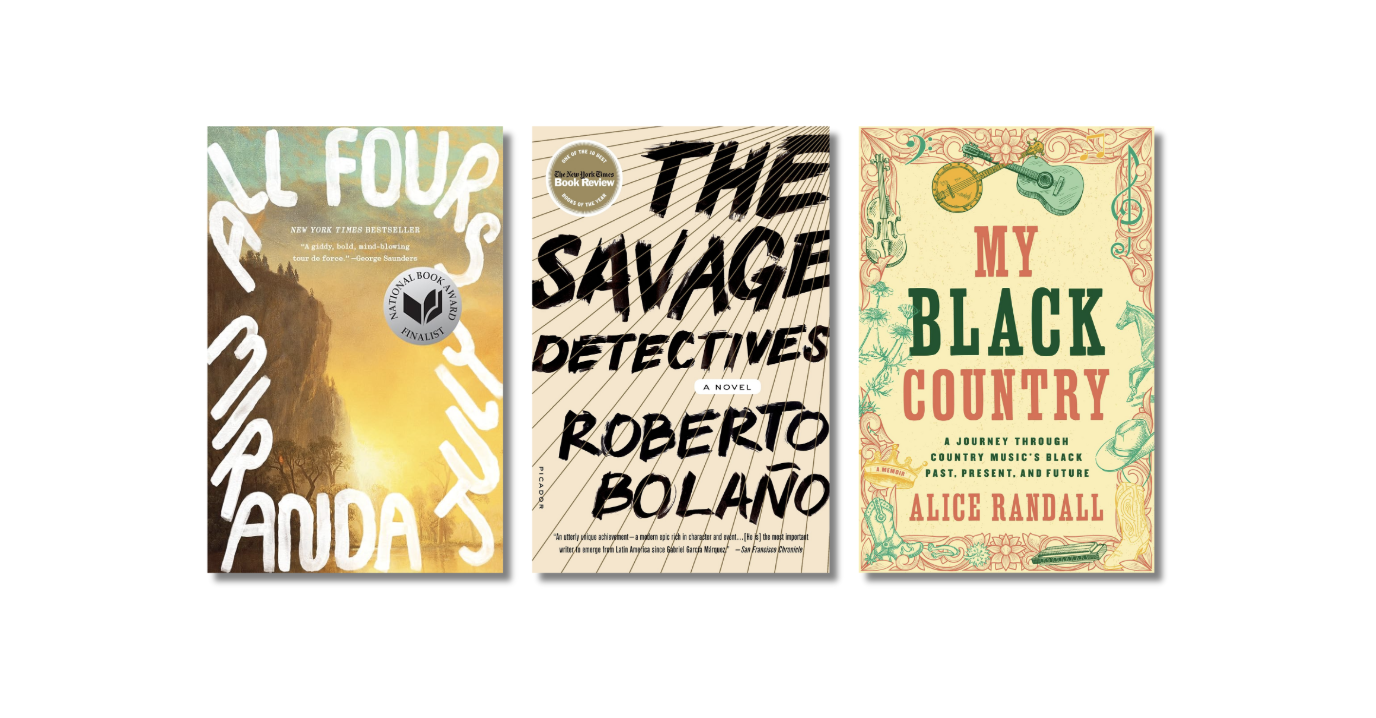
Dana Spiotta and Michael Helm write fiercely intelligent portrayals of cultures in flux, so it’s no surprise they’ve been literary compatriots ever since they discovered each other’s work. Aside from a whirlwind real-life meeting at AWP, Spiotta and Helm’s dialogue has grown entirely over email — fitting for authors whose work explores modern technology in all its connective power and complexity. The following conversation took place over email in fall of 2016, in anticipation of Helm’s fourth novel, After James (September 6, 2016).
 Dana Spiotta: What was the initial impulse or inspiration behind After James? The opening section features a whistleblower and big pharma. We also have a storyline that comes out of the West’s relationship to the Middle East’s refugee crisis. Do you read or listen to the news and get inspiration for characters and stories? What draws you in?
Dana Spiotta: What was the initial impulse or inspiration behind After James? The opening section features a whistleblower and big pharma. We also have a storyline that comes out of the West’s relationship to the Middle East’s refugee crisis. Do you read or listen to the news and get inspiration for characters and stories? What draws you in?
Michael Helm: My novels usually begin with a sentence or image, or at least that’s when I become conscious of them. At some point a character or two comes clear, and the feeling of the book. The gains and problems become formal and stay that way to the end, but form touches the world, and it shows up in ways I can’t predict.
In After James I followed a dog into a story. I don’t know where most of the characters hail from but the story and setting come from the world. It’s the usual input-output with some transmutation of materials inside the mechanism. The storylines in After James came out of conversations I’d had, places I’d been, including the Turkey-Syria border region. The research builds the engine. The bass note in the engine is disquiet.
DS: Raymond Carver once described fiction as bringing the news from other worlds. I love that, and I have always thought that “other worlds” specifically meant imagining the lives of other people and escaping the tyranny of the self. Empathy is an ongoing subject for you, both crucial and challenging. How do you think about writing beyond your own experience? To use Faulkner’s formulation, what relationship do “experience, observation, and imagination” have in your work and this work in particular? What boundaries do you have if any about what can or should be imagined?
MH: A lot was made a couple of years back when a study at the New School found empirical evidence that reading literary fiction, as opposed to commercial fiction or non-fiction, made a person more empathetic. I think a lot of readers, hearing that, said, “No shit.” Language came about and evolved because we’re trapped in our skulls. Story came about because we’re trapped in our lives, with our pains and joys and sense of duration. Literary fiction allows us to escape not into fantasy, but out of ourselves, and to the degree that we believe in the fiction, we feel known, thought of, and naturally we then have feelings of community and others.
 Cities of Refuge went at this question pretty directly. I learned which experiences I could and couldn’t responsibly inhabit, and brought the question to the surface as a kind of stated theme. After James is a bit more sly. Because it turns up the what-happens-nextness and seems to indulge in popular storytelling tropes, readers might think the only empathy required of them is to be found in things like simple fear, paranoia, impending doom. These aren’t normally complicated emotions, but my sense is that they’re ascendant, that we’re in a time with its own character of uncertainty. These aren’t your grandmother’s fear, paranoia, and doom.
Cities of Refuge went at this question pretty directly. I learned which experiences I could and couldn’t responsibly inhabit, and brought the question to the surface as a kind of stated theme. After James is a bit more sly. Because it turns up the what-happens-nextness and seems to indulge in popular storytelling tropes, readers might think the only empathy required of them is to be found in things like simple fear, paranoia, impending doom. These aren’t normally complicated emotions, but my sense is that they’re ascendant, that we’re in a time with its own character of uncertainty. These aren’t your grandmother’s fear, paranoia, and doom.
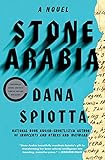 Literary fiction allows us to admit the size of other lives. It stands in the place of the full admission that if we really empathized fully with the feelings of others, all others, we’d be fetal on the floor. I love a novel that just admits that. In your Stone Arabia, Denise has bouts of “debilitating sympathy,” with her memory ordered around “hyperpervious moments” so that even time seems colonized by observed pain. All that fear of sentimentality that shifted fictional art into the cool zones in earlier decades has been eclipsed by a fiction that’s just as smart and formally daring, but feeling, too.
Literary fiction allows us to admit the size of other lives. It stands in the place of the full admission that if we really empathized fully with the feelings of others, all others, we’d be fetal on the floor. I love a novel that just admits that. In your Stone Arabia, Denise has bouts of “debilitating sympathy,” with her memory ordered around “hyperpervious moments” so that even time seems colonized by observed pain. All that fear of sentimentality that shifted fictional art into the cool zones in earlier decades has been eclipsed by a fiction that’s just as smart and formally daring, but feeling, too.
DS: You have said in an interview that you don’t think of your books as idea-driven. That your characters have ideas, but that does not mean that your book is a novel of ideas. I wonder about that — is it such a terrible thing to have ideas in a novel? I understand pushing back on the notion of ideas imposed rather than organically formed — a novel is not a polemic. It should be embodied, and have doubt and beauty and mystery. Yet it seems to me that After James — and this is part of what I love about it — has a deep strain of philosophical inquiry in it. Can’t a novel be driven by character, story, and philosophical questions? Aesthetic questions? Language questions? I write to discover and I read to discover. Not just recognize.
MH: The U.S. publisher described After James as a novel of ideas disguised as a page turner. I have no objection to that. I don’t know where I said that other thing but I was probably trying to stop myself from saying that the books are driven by language, and that in fact I’m very interested in ideas, which can sound a bit precious. Maybe it’s just that the thing I’m first aware of is language, the way of saying, before the thing being said. With enough pressure on the sentences, story and character and ideas can be made into one substance.
In After James a couple of ideas in particular seemed to allow me find that substance. Genetic transference, the process of recombination, shuffled codes. And I wanted to mark the distinction between fear in popular story and the real thing. Certain kinds of novels and films find ways to gather our feelings meaningfully, to acknowledge our anxieties. Other, meretricious kinds of stories only reproduce the experience of consuming them. Because commercial fiction and film are so much a part of the surround, genre stories claim a lot of central ground in our lived experience. We constantly absorb stories that hold to the same precepts and conventions. I think we always need to expand the possibilities. I like squared-off stories, but I rarely find one that knows me or stays with me. And I worry that our many excellent entertainments are setting us up for an ending we don’t want.
These days real and false terror are both just clicks away. It’s worth thinking about what it means that the borders between them are getting harder to find.
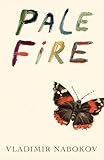 DS: And, of course, language-as-a-system drives your novel. On the sentence level, we get the dynamic of language that obscures and reveals (the “pharmakon” of language as both “remedy and poison”). We also get a version of that problem in the second section, where you use crowd-sourced literary critique of a mysterious poet’s work to create slippages in meaning. You include a number of poems in the book and glosses on the poems. It must be challenging to write poems as a character. It takes a kind of confidence or authority. And you really have to trust in your own commitment to your construct. They can’t be your poems. Tell me about how you went about writing them. Was it challenging? Fun? Torture? Did you think about Pale Fire?
DS: And, of course, language-as-a-system drives your novel. On the sentence level, we get the dynamic of language that obscures and reveals (the “pharmakon” of language as both “remedy and poison”). We also get a version of that problem in the second section, where you use crowd-sourced literary critique of a mysterious poet’s work to create slippages in meaning. You include a number of poems in the book and glosses on the poems. It must be challenging to write poems as a character. It takes a kind of confidence or authority. And you really have to trust in your own commitment to your construct. They can’t be your poems. Tell me about how you went about writing them. Was it challenging? Fun? Torture? Did you think about Pale Fire?
MH: I read a lot of poetry but have too much respect for the form to write it. The brains of most poets worth reading aren’t like novelists’ brains, but I found I could write the poems and fragments in the novel because they weren’t mine. The lines are fiction by other means. One or another character makes the point that they’re not good poems, so I hope that earns me some grace. And they’re anonymous, and enigmatic, so they come with a mystery they wouldn’t otherwise have.
I did think about Pale Fire. In Nabokov, there’s the poem, the balanced ambiguities, and the possible lunacy behind the gloss that accompanies it. But it’s one man’s reading of one poem. In my novel I was interested in the ways the Internet generates its own forces of ambiguity, lunacy, and control.
DS: You don’t use a conventional narrative structure in After James. The book is divided into three parts that are both discreet from one another and connected. Can you tell me how the structure evolved? Why is the middle section in first person and the other sections in close third? Time is also complex and fluid — can you also talk about how you use time or a timeline in this novel?
MH: I’d begun three novels that I thought of as related, and I knew I wanted two things. One was a movement in each and throughout from high artifice to meaning, to bring the overstoried, over entertained surround of our lives into the text, and then use it, if possible, to discover something new. I don’t know if I did this but I seem to recall wanting to do it.
And I wanted a connection between the parts that resisted neat fittings. I didn’t want to make a novel as puzzle, to be solved and put away. In revision, a small change in one part could ruin its resonance with another. The parts had to be offset just so. The idea was that as one part passes into another, there’s a ghosting effect.
The shift to first person in the second part just felt right. It made a hard cut and seemed to open comic possibilities. And it’s a young man’s story, and one of the things the first person can capture well is a young person’s interior wanderings and involutions.
The second part has a more certain setting. It happens around now, as historical events in the news seem also to be in the novel, though they aren’t topical so much as the latest instances of a standing condition. The other two parts seem to float between now and what’s coming. Maybe it’s the day after tomorrow. I didn’t want to get out ahead of our present transforming moment, to think it through, so much as simply to register it in its strangeness.
DS: After James contains a number of mysteries. We get clues and it almost seems as though we can piece it together. But you don’t give it all away — it has a resistance embedded in it, which feels dynamic and exciting to me as a reader, as if the book keeps buzzing after you finish it. The connections don’t feel too neat, and you give us just enough. Is that a matter of intuition, just withholding enough to create suspense and mystery but not so much as to create frustration?

 MH: It’s intuition and trusting the reader. Readers especially are predisposed to pattern recognition and to apophenia, seeing patterns even when they aren’t there. Finding a seeming connection can be pleasurable, but so, too, can be sensing a mystery forming just beyond perception. By now we might have encountered this sense of mysteries both relenting and not in certain kinds of novels and movies. What becomes of the central question in 2666? How do the stories relate in Kieślowski’s Three Colours Trilogy? As interesting as the mysteries in each story are the ways in which one story seems to reconstellate another.
MH: It’s intuition and trusting the reader. Readers especially are predisposed to pattern recognition and to apophenia, seeing patterns even when they aren’t there. Finding a seeming connection can be pleasurable, but so, too, can be sensing a mystery forming just beyond perception. By now we might have encountered this sense of mysteries both relenting and not in certain kinds of novels and movies. What becomes of the central question in 2666? How do the stories relate in Kieślowski’s Three Colours Trilogy? As interesting as the mysteries in each story are the ways in which one story seems to reconstellate another.
DS: After James has technology as an explicit subject: how it shapes our thoughts and our interactions. Better than anyone else I have read, you capture the shocking loneliness at the heart of the Internet — to be both hyper-connected and totally isolated from one another is the paradox of contemporary technology. Can you tell me about using a very old-fashioned piece of technology — a long book — to address the implications and experiences of complex technological forces?
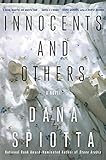 MH: Well thanks, but it seems to me that Innocents and Others explores, among many other things, the same paradox but through different old technologies, films as they once were made, and the telephone. Your novel gets at the same feelings and reminds us that connection and distance have existed together since we first found the means for remote contact.
MH: Well thanks, but it seems to me that Innocents and Others explores, among many other things, the same paradox but through different old technologies, films as they once were made, and the telephone. Your novel gets at the same feelings and reminds us that connection and distance have existed together since we first found the means for remote contact.
DS: I am very glad to hear you see a connection between our books. I can’t separate people from the tools they use. Because we spend so much time interacting through machines, writing about that interaction feels urgent to me. But you bravely write into the specific moment we inhabit and then push beyond it. I love how mystical the technological becomes in After James.
 MH: After James takes on specific technologies of science and art: drugs, language, genetic science, cyberspace, artistic reproduction. These both extend and erode the self in ways peculiar to the new century. Among the books behind this one is The Turn of the Screw (not that I’m comparing), but part one of After James isn’t so much a psychological novel as a psychopharmaceutical one, where reader and character together are left to try to distinguish the real from the projected.
MH: After James takes on specific technologies of science and art: drugs, language, genetic science, cyberspace, artistic reproduction. These both extend and erode the self in ways peculiar to the new century. Among the books behind this one is The Turn of the Screw (not that I’m comparing), but part one of After James isn’t so much a psychological novel as a psychopharmaceutical one, where reader and character together are left to try to distinguish the real from the projected.
Part two, a sort of cybermystery unfolding in an all too real world of political manipulation and violence, has antecedents in the literature of paranoia. The time for paranoia has come around again.
Part three is in some ways stranger for being both apocalyptic and not just plausible but actual. Most novels try to strike distinct characters, but we live now with the feeling that our own characters aren’t always distinct even to ourselves. Sometimes against our intent or wishes, our self gets diffused or repurposed against our will. I’m interested in these forces of incoherence. We don’t have to move the border very far for the self to fall apart. I like to quote T.E. Hulme’s line that “Man is the chaos highly organized, and liable to revert to chaos at any moment.” It’s a good description of humans, and of the kinds of novels I love most, taking order out to the edge of chaos.
 DS: Pushing something until it becomes its seeming opposite, until it reveals a paradox. That’s what I mean by mystical — you play out the implications of various technologies until they seem almost spiritual. A little like DeLillo in Zero K, I think.
DS: Pushing something until it becomes its seeming opposite, until it reveals a paradox. That’s what I mean by mystical — you play out the implications of various technologies until they seem almost spiritual. A little like DeLillo in Zero K, I think.
After James dwells in the natural world as well as the technological world. In fact, the vivid, sense-rich descriptions of the natural world give the reader respite from the hermetic worlds of human consciousness as well as technology. I love the precise-yet-lyrical writing you do to describe nature and how it manages not to get sentimental or soothing. It is beautiful and frightening, really. The people are isolated, but the world feels profoundly alive all around them. It creates its own tension in the book, the relationship of the humans to their surroundings. Can you talk a little about that? Particularly in the first book and the last.
MH: We don’t just live in nature (as they say); we are nature (as they say), but where does the nature go when we extend ourselves into the artificial? Maybe art aspires to the condition of the material, phenomenal world. I grew up in Saskatchewan, in dry hyper-real light, on the flattest plate of land in the world. The climate there is extreme, swinging about 148 degrees Fahrenheit every six months. It’s a hard, beautiful landscape of the kind that drives some people nuts. You can’t pretend that the sublime is a mere concept in such a place.
I like the language we’ve laid over flora and fauna, and I tend to like people who know that language well. But the names of natural things point out better than anything, I think, the paradox of language itself. I stand before a tree, touch it, and try to see it fully. Then someone says its name — American beech — and it’s suddenly more sharply before me. But day by day, as the name is said over and over in my thoughts, the name begins to obscure the thing, and the tree seems to recede a little.
The natural world and its rhythms, which are especially pronounced in places with four distinct seasons like the part of the continent where you and I live, seem to make a great claim on my imaginative life. Every fall, as the weather turns, my dreams get wild. They seem to want to kill me. I know I don’t live outside of the natural world, but the ways it lives in me unexpectedly are profound.
There’s a bit of hard weather in the novel. Soon here in the anthropocene we’ll just call it weather. There was a time in poetry and fiction when we read imagined weather symbolically. We’ve screwed things up so badly now that we can read real weather politically.
DS: I get a lot of inspiration reading about other kinds of artists — architects, painters, and composers — and then relating it back to the novel. Sometimes I have a sense of being in dialogue with the history of the novel, and that excites me. Other times I think of novel-writing as deeply subversive and counter-culture, sort of spy work for team weird. What is the state of the novel in your view? What interests you about the form? Where do you think the energy is these days?
MH: Maybe now, in this often senseless cultural decor, the novel is subversive precisely because of its long history. Wherever it is as an art form, I hope it’s ever more influenced by global literatures, especially stuff that’s outside of high realism presented conventionally. Lately we’ve had waves of things from far off. One year everyone’s reading Clarice Lispector, the next Knausgård, then Ferrante. Not all of this stuff is great but I like that people are talking and can have new orientation points. Maybe it’s not really yet a post-literate world.
The novel still does what it used to. Better than other narrative forms, through interiority and long time it can establish deep character. It can produce its own layering effects, inside a moment or within the whole structure. It allows for finely calibrated emotions and ironies. It can manage a greater tonal range, from humour to despair, than other story forms. It can handle ideas with enough time to do right by them. It can move around in time or memory to any degree it wants. And better even than visual art forms, I think, it seems in the work of some writers able to capture specificity and blur, the vibration at the edges of living things.
Image Credit: Wikipedia.



